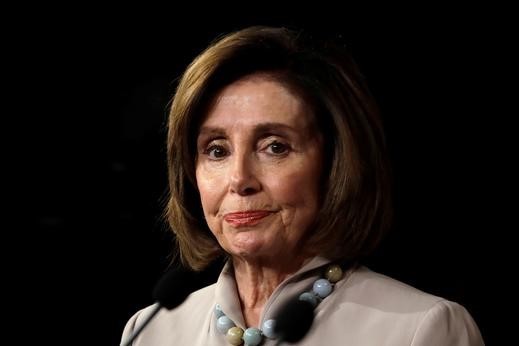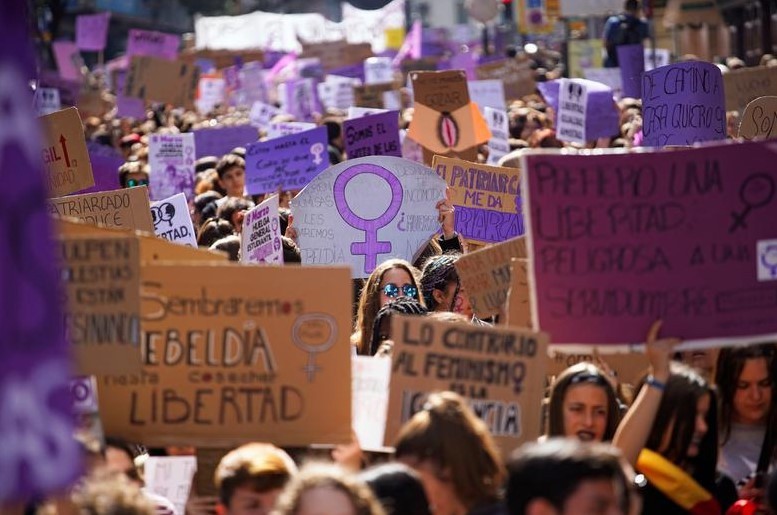[WATCH] Latin American Feminism and Its Humble Beginnings
Women have been fighting for rights and equality since the dawn of time. History has a vast amount of records crediting trailblazing women who refused to sit and stay silent. These accounts are full of inspiring moments where various females exercised their power to take up space in society and be given rights to education, to work, and to vote.
Progress is still being made today. Movements for better laws against abuse and murder of the female gender still fill the streets in a bid to be seen and heard. Women continue to defy the norms and level the playing field.
In celebration of International Women's Day, here is a timeline of the most notable events in Women's history and fight for rights.
July 1848
In July of 1848, abolitionists Elizabeth Cady Stanton and Lucretia Mott organized a women's rights convention at the Seneca Falls Convention in New York. The event is said to be the spark that started the years-long women suffrage movement when more than 68 women and 32 men signed the Declaration of Sentiments which demanded equality between both genders for the right to employment and education.
January 1849
Elizabeth Blackwell, an abolitionist, and activist in the women's suffrage movement, became the first woman to graduate from medical school. She published her thesis in the Buffalo Medical Journal even after the medical community shunned her graduation and called it a farce.
May 1851
Former slave Sojourner Truth performed her speech "Ain't I a Woman?" at the Women's Right's Convention in Ohio. The speech called out the discrimination she experienced as a black woman. Truth's speech became so famous it's still performed today.
May 1869
Elizabeth Cady Stanton and Susan B. Anthony established the National Woman Suffrage Association.
December 1869
Wyoming signed the country's first suffrage law which allowed women the right to vote and hold office.
October 1916
Margaret Sanger opened the first birth control clinic in the country which was deemed illegal by the local government. She founded the American Birth Control League (modern-day's Planned Parenthood) after her clinic was raided by officials.
April 1917
The House of Representatives elected Congress' first female member Jeannette Rankin.
August 1920
The 19th Amendment completes ratification, allowing all citizens, regardless of gender, the right to vote.
December 1955
Rosa Parks helped launch the civil rights movement after she refused to give up her seat to a white man on a bus.
May 1960
Margaret Sanger and Katherine McCormick funded the first commercially produced birth control pill approved by the Food and Drug Administration (FDA).
June 1963
President John F. Kennedy signed the Equal Pay Act which prohibited wage discrimination based on gender.
July 1964
The Civil Rights Act is signed into law, banning employment discrimination based on religion, sex, and skin color.
June 1972
President Richard Nixon signed the Education Amendments which gave women the right to education and Federal financial assistance.
January 1973
The US Supreme Court declared women have the right to abortion and are protected under the Constitution.
July 1981
President Ronald Reagan swore in the first woman on the US Supreme Court Sandra Day O' Connor.
March 1993
Janet Reno became the first female attorney general of the country after being nominated by President Bill Clinton.
September 1994
Bill Clinton signed the Violence Against Women Act which aimed to support programs the help victims of abuse, rape, assault, and gender-based violence.
January 2007

US Representative Nancy Pelosi made history as she became the first female speaker of the House.
January 2013
The US Military lifted the ban against women serving in combat positions, abolishing the inclusivity of the military.
July 2016
Hillary Clinton received a presidential nomination, marking the first woman to have received a nomination for the position from a major political party.
2018
Argentinian women hit the streets wearing green scarves in a bid to urge the government to legalize abortion in the country.
Mexico holds its "First International Gathering of Politics, Art, Sport, and Culture for Women in Struggle" which was exclusive to women who were tired of the patriarchal system
Brazilian women held a movement under #EleNao after President Jair Bolsanoro was elected into position after he became infamous for making offensive comments about women, people of color, and the LGBTQ+ community.
Ecuadorean women marched in a protest calling out the government's lack of action against femicide.
Women in El Salvador called for the release of 21-year-old Imelda Cortez who was repeatedly abused by her step-father and imprisoned after she unexpectedly gave birth on the toilet.
2020

Mexico City was filled with chants after a 7-year-old girl and a 25-year-old woman were found murdered.
In Argentina, Chile, Peru, and Mexico, thousands organized a protest calling for the decriminalization of abortion.
Subscribe to Latin Post!
Sign up for our free newsletter for the Latest coverage!
© 2026 Latin Post. All rights reserved. Do not reproduce without permission.















